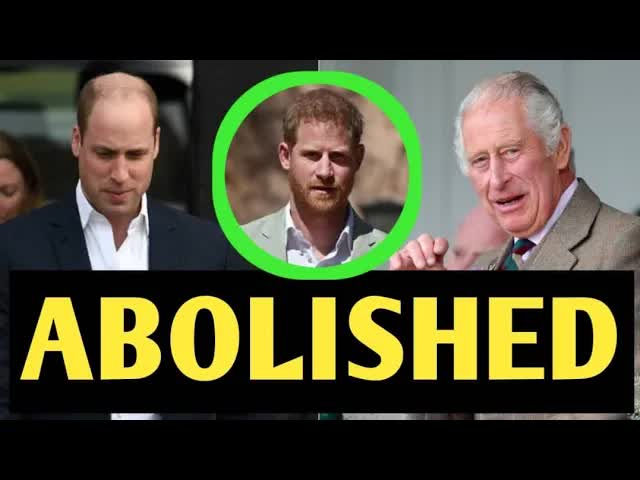The future of the British monarchy is hanging by a thread, as anti-monarchist factions are raising alarms over possible reconciliations within the royal family.
The stakes have never been higher, particularly for King Charles III and Prince William, who face fierce backlash if they decide to mend fences with Prince Harry.
Recent family tensions, amplified by Harry’s revealing memoir, “Spare,” and his candid interviews, have laid bare the rifts that threaten to tear apart the House of Windsor.
The public’s patience seems to be wearing thin.
Graham Smith, the CEO of the anti-monarchy organization Republic, has voiced concerns that any attempt by Charles and William to welcome Harry back could be seen as a betrayal.
“The British public has had enough of the royal family’s scandals and infighting,” he stated emphatically.
For many, this isn’t just about family drama; it’s about trust in an institution that is expected to embody unity and stability.
Smith and his supporters argue that the royal family’s ongoing conflicts have seriously undermined public confidence in the monarchy.
They contend that reconciling with Harry, who has openly criticized the institution, would only deepen the crisis of legitimacy facing the monarchy.
If the royals can’t resolve their own disputes, how can they expect to lead the nation effectively?
One anonymous anti-monarchist expressed frustration, stating, “The monarchy is supposed to represent stability, yet the constant drama makes it a laughingstock.”
This sentiment resonates with many who question whether the royal family can continue to command respect when their internal issues are so publicly visible.
King Charles III’s reign has already been fraught with challenges, from the fallout of Prince Andrew’s controversies to the broader discussions about the monarchy’s colonial past.
Now, the idea of reconciling with Harry—who has become a vocal critic—raises even more questions about the institution’s future.
The potential fallout from such a move could further endanger the monarchy’s already shaky status.
As sentiments grow among the British populace that the monarchy may be an outdated relic in today’s world, Smith warns that Charles and William risk presiding over the demise of the House of Windsor if they ignore these warnings.
The anti-monarchists are resolute; they are not backing down in their fight against what they see as an outdated institution.
This moment marks a pivotal point for the monarchy.
With the anti-monarchist movement gaining traction, the royal family must navigate these turbulent waters carefully.
The prospect of a high-stakes showdown looms, with the very existence of the monarchy at stake.
